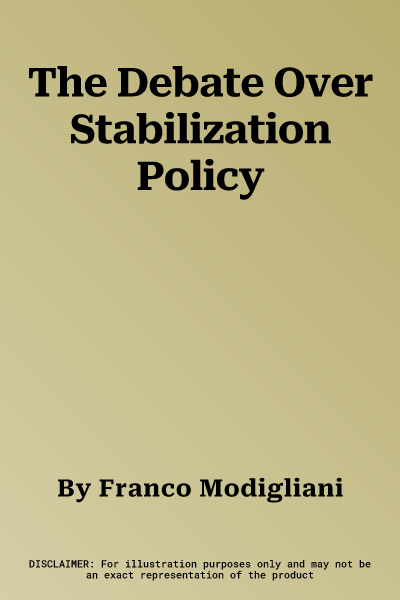Franco Modigliani
(Author)The Debate Over Stabilization PolicyHardcover, 18 September 1986

Temporarily out of stock
Free Delivery
Cash on Delivery
15 Days
Free Returns
Secure Checkout

Part of Series
Raffaele Mattioli Lectures
Print Length
284 pages
Language
English
Publisher
Cambridge University Press
Date Published
18 Sep 1986
ISBN-10
0521267900
ISBN-13
9780521267908
Description
Product Details
Author:
Book Format:
Hardcover
Date Published:
18 September 1986
ISBN-10:
0521267900
ISBN-13:
9780521267908
Language:
English
Location:
Cambridge
Pages:
284
Publisher:
Series:
Weight:
934.4 gm